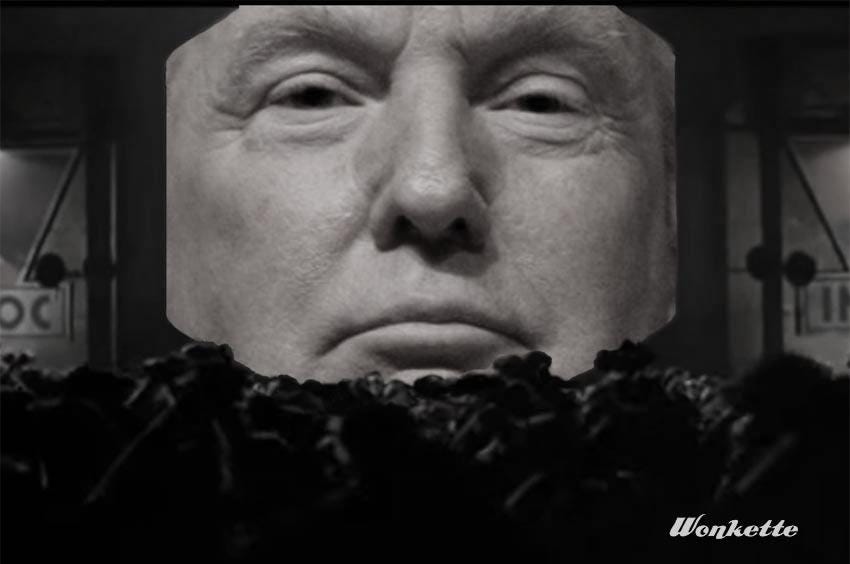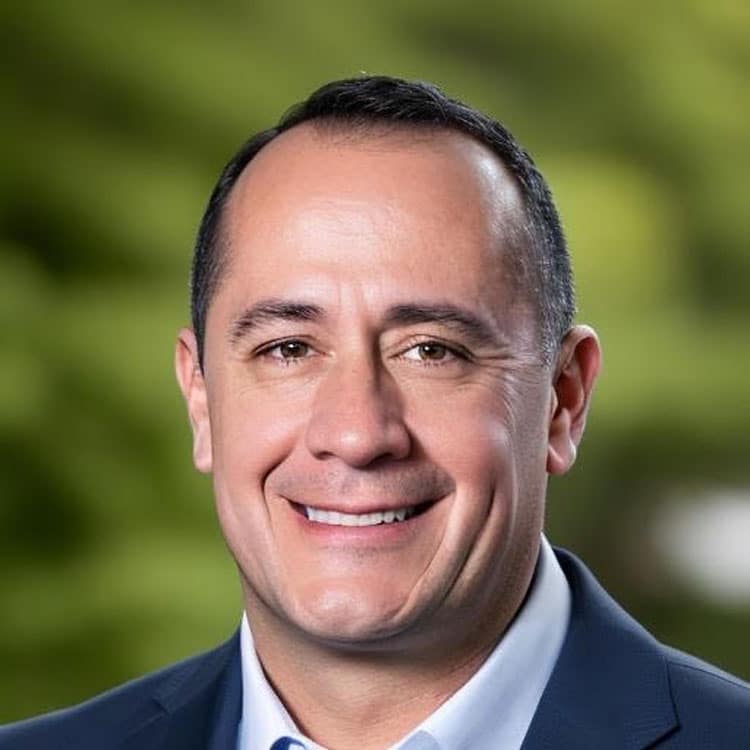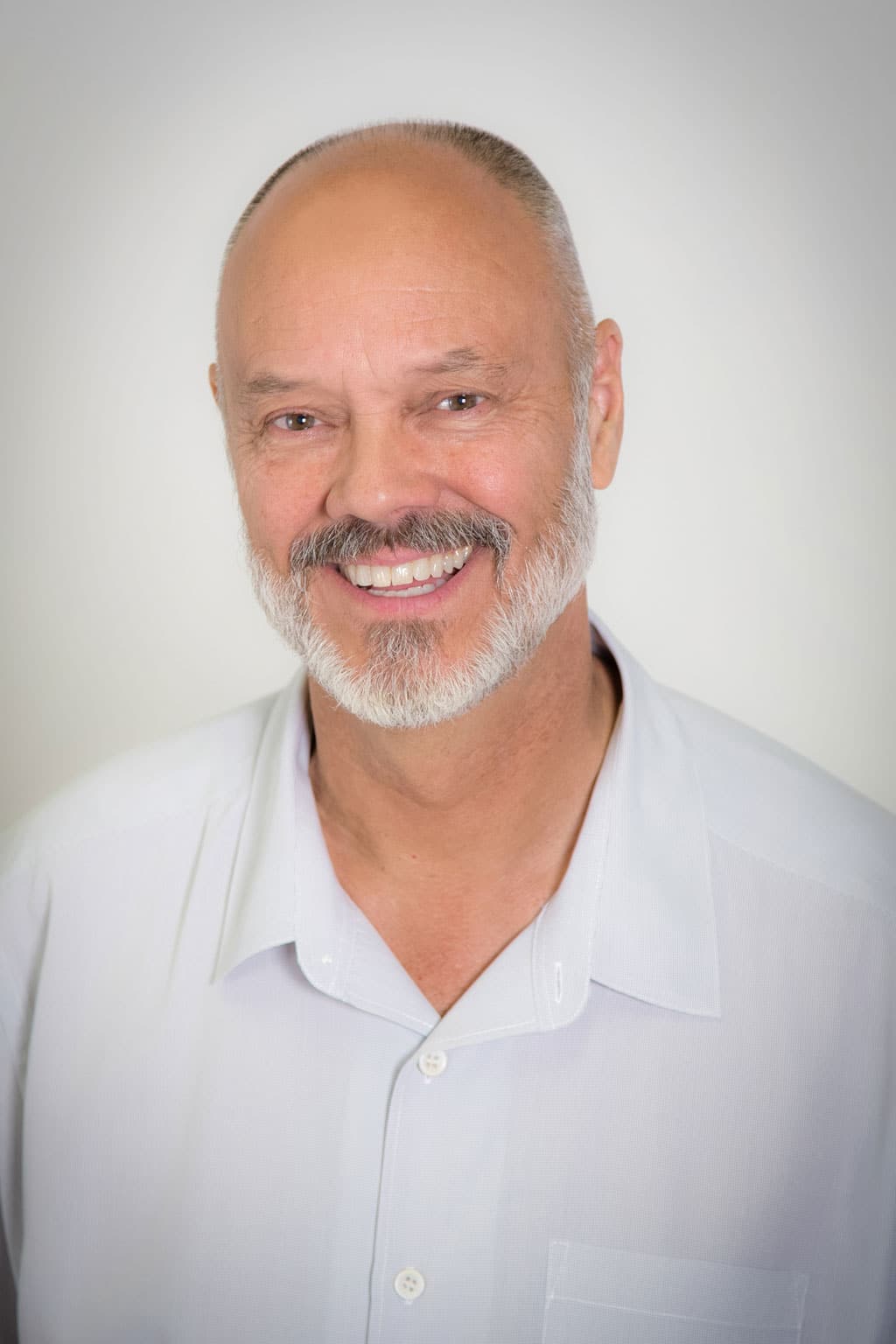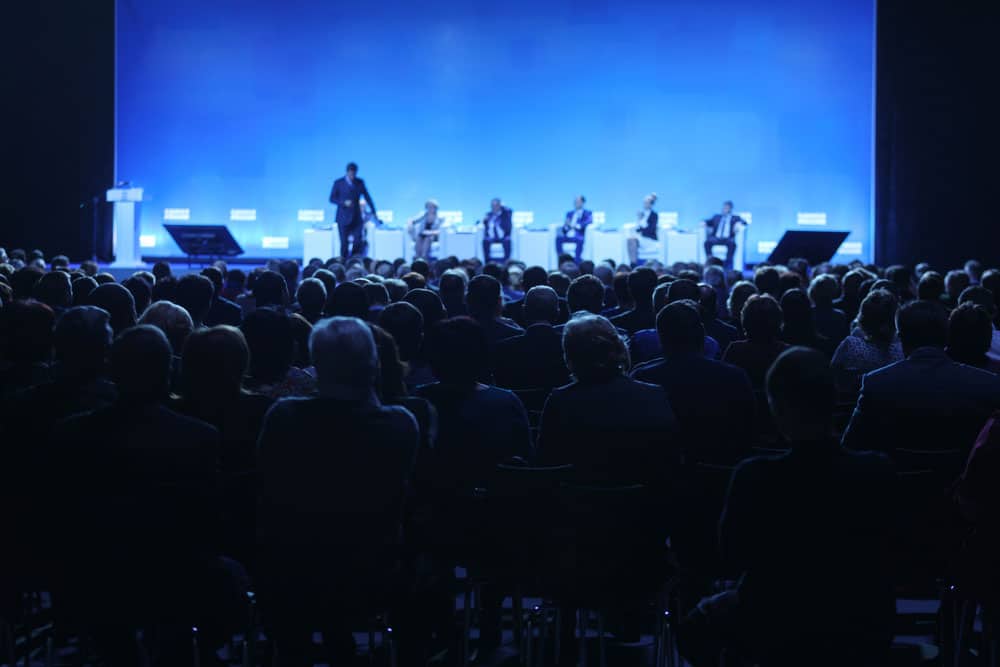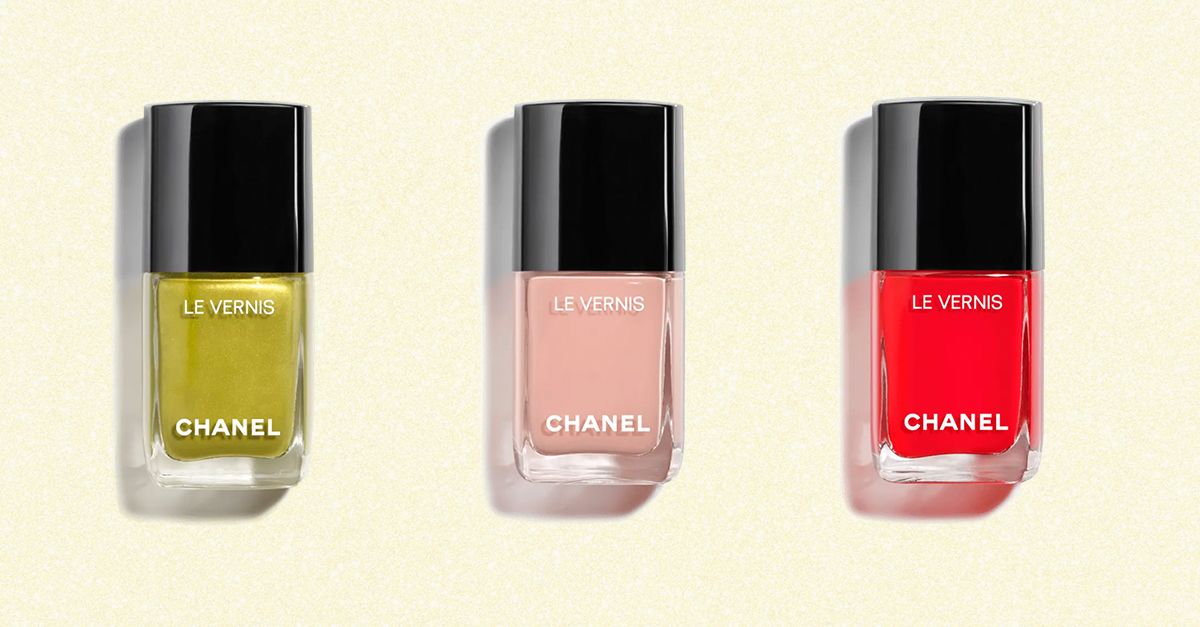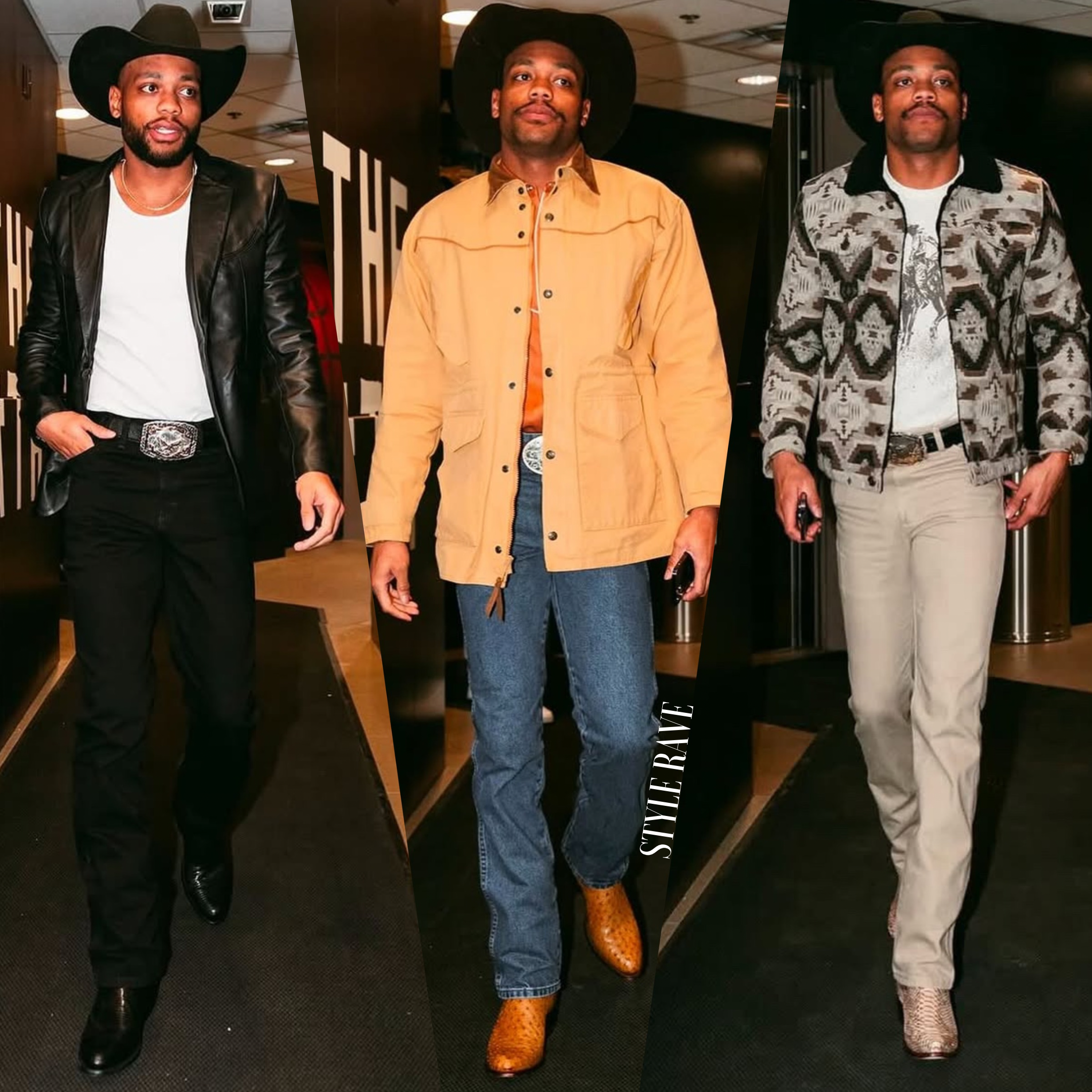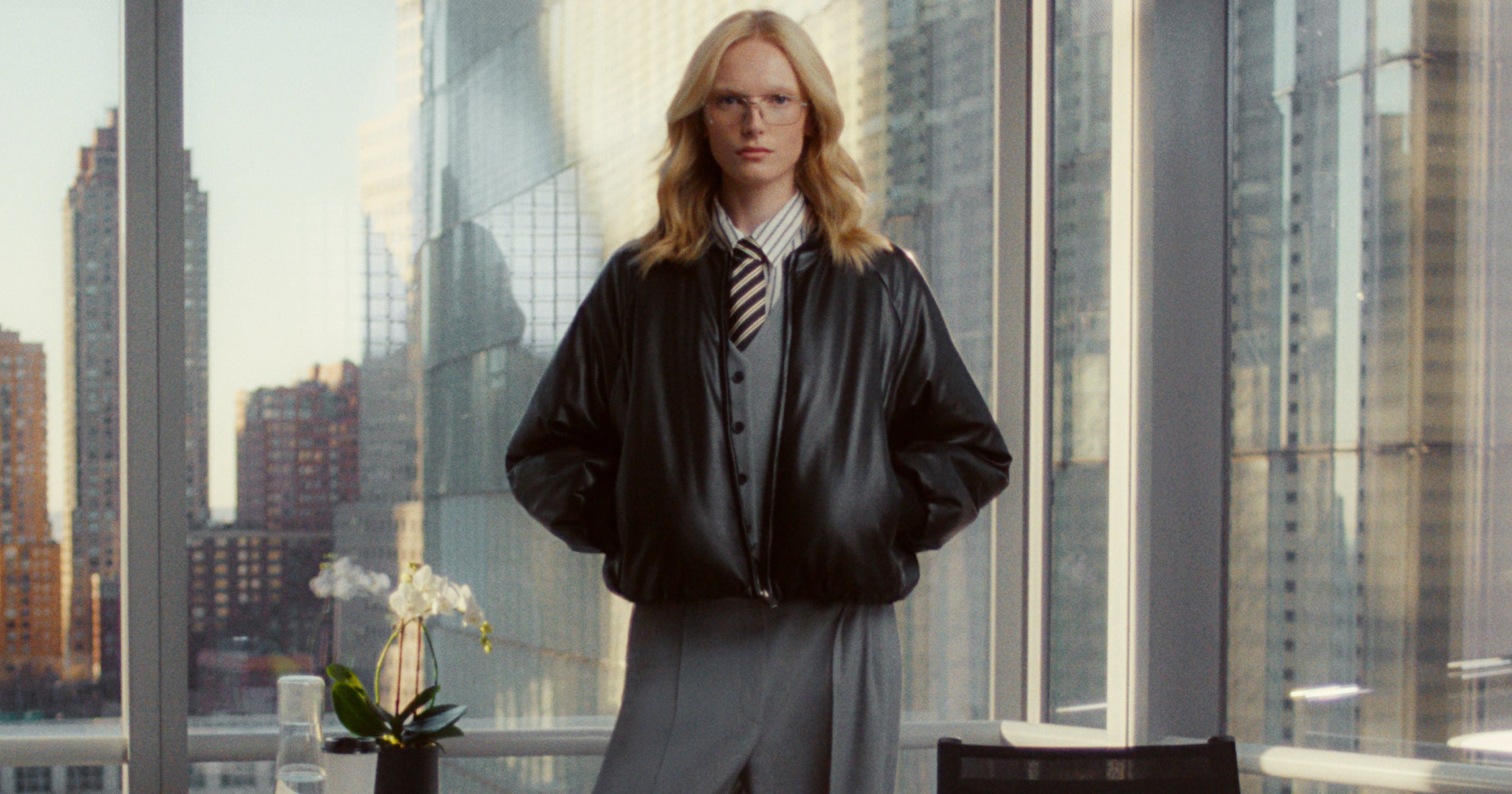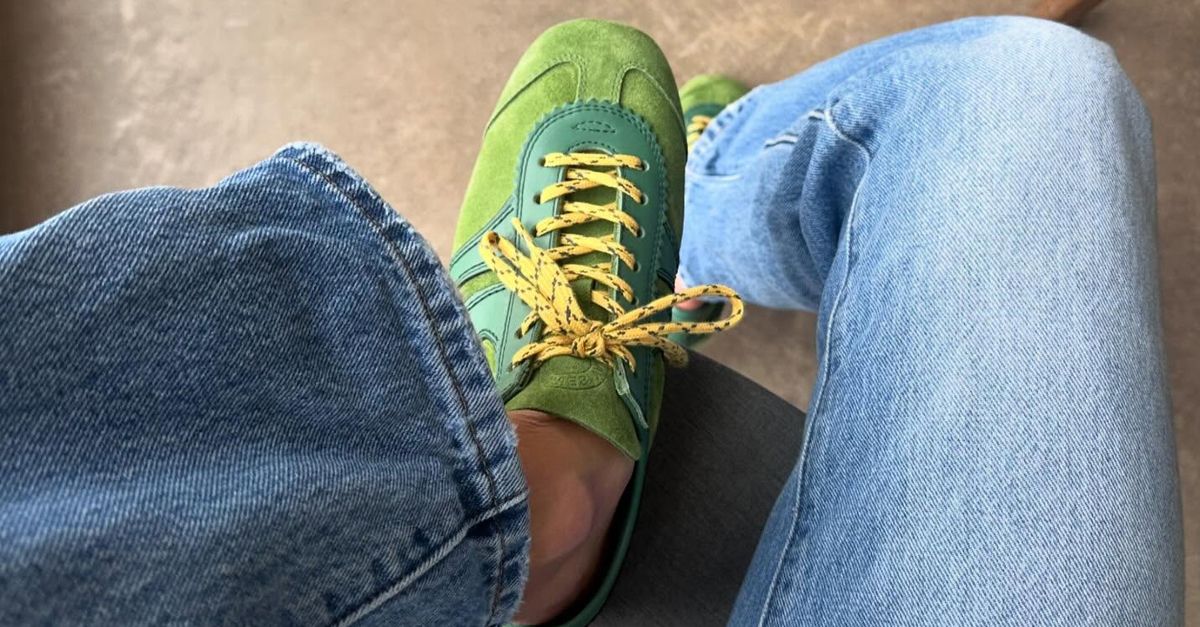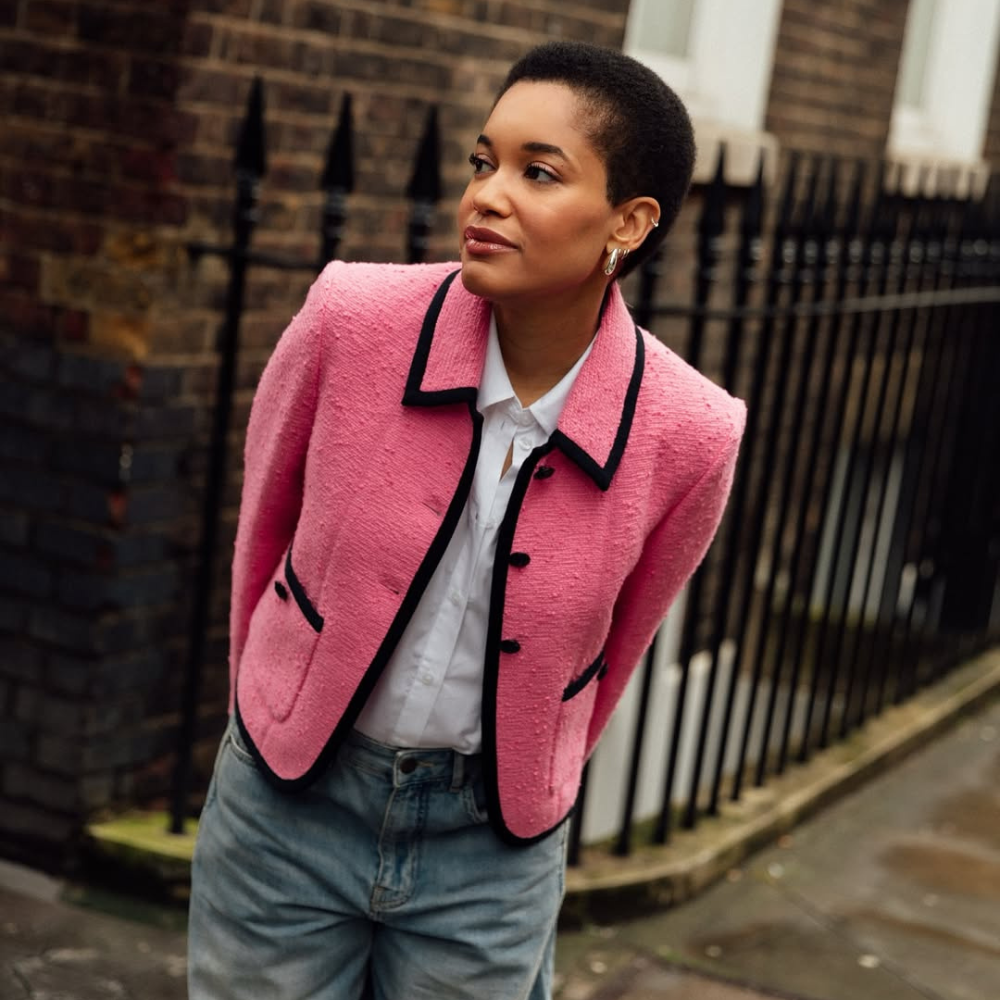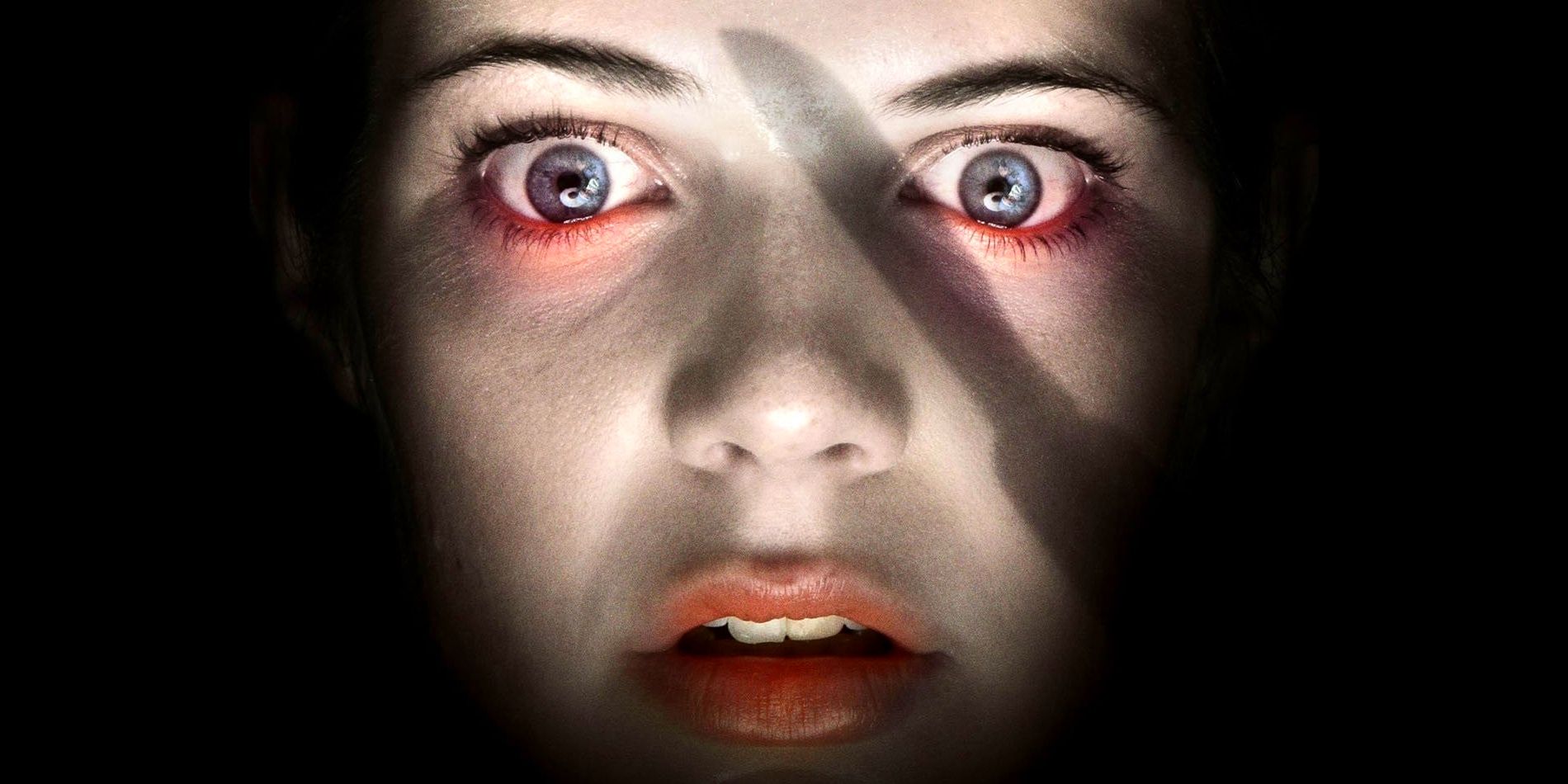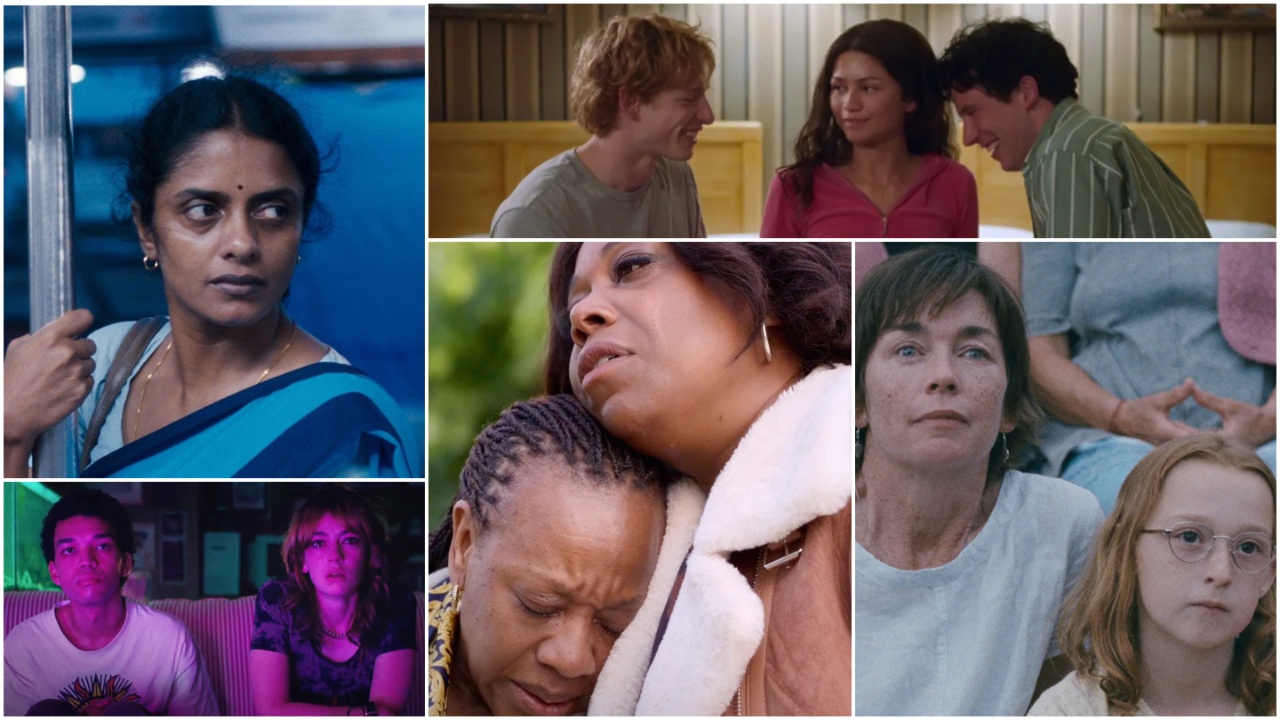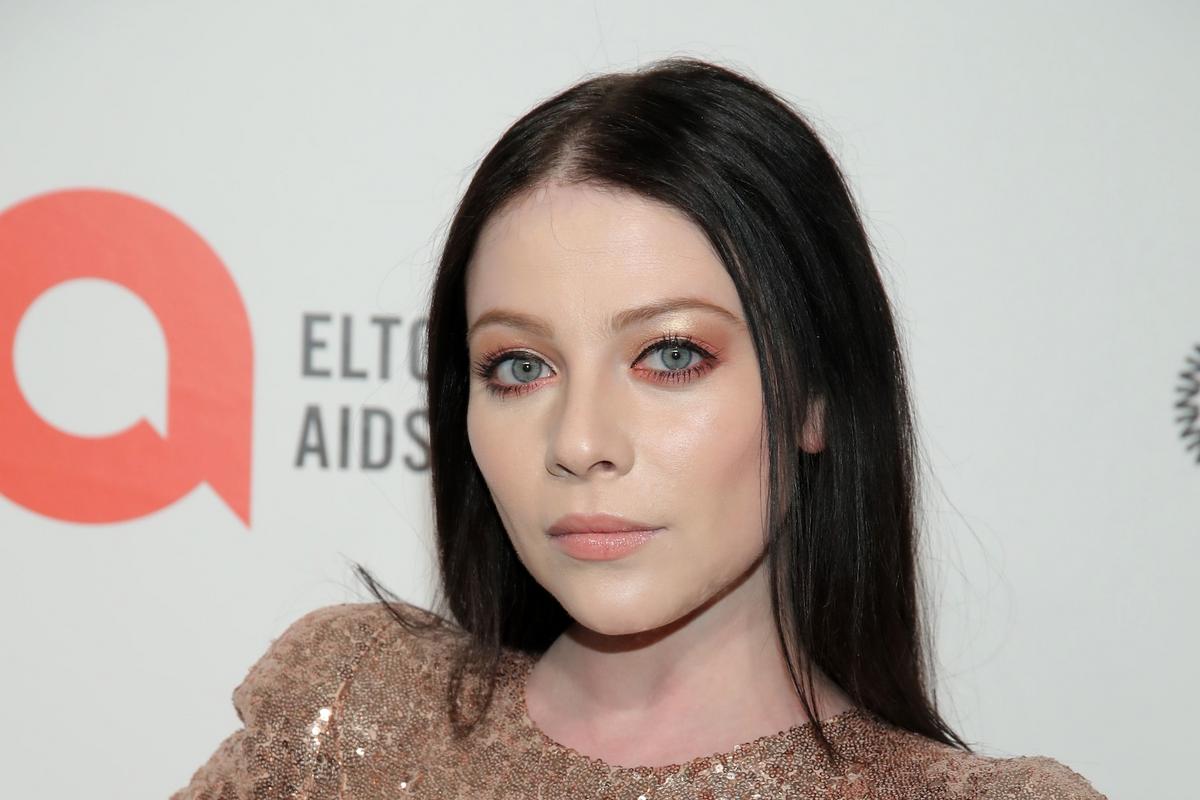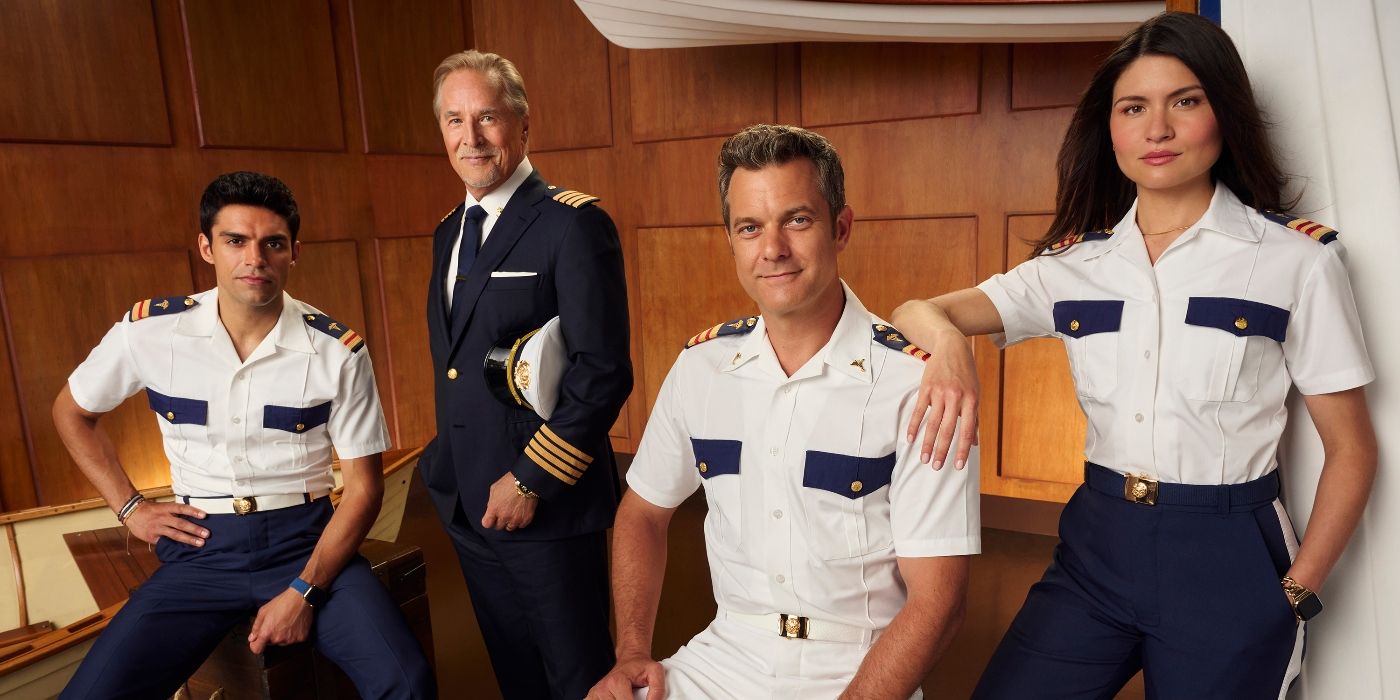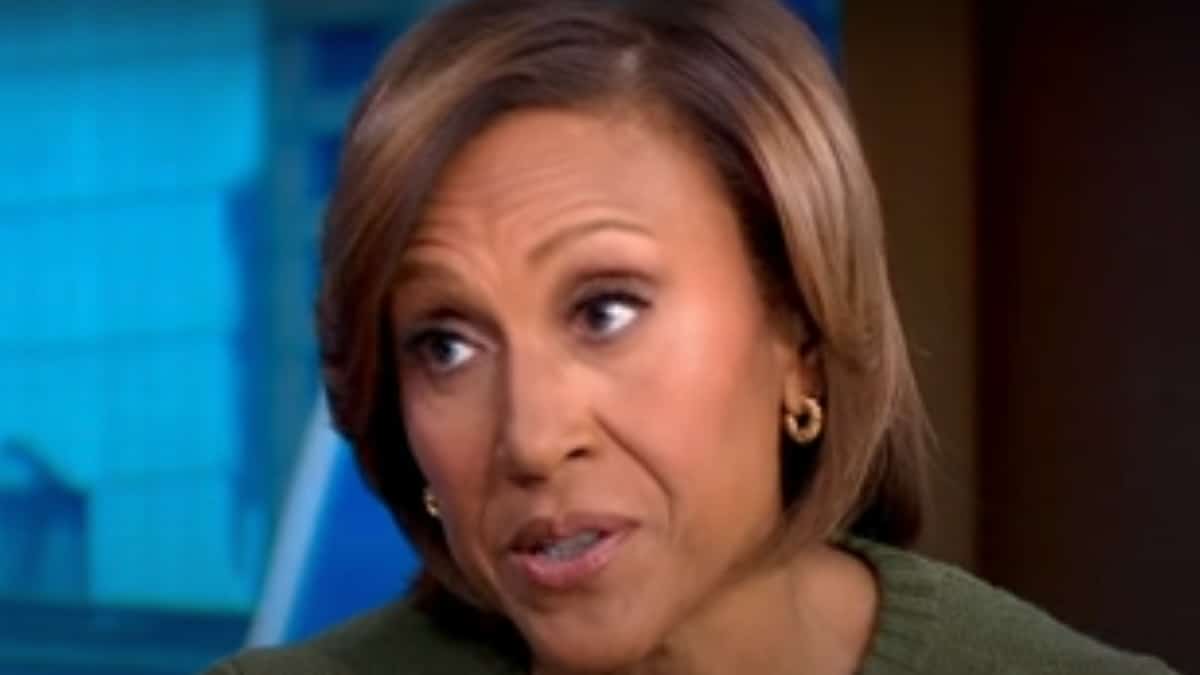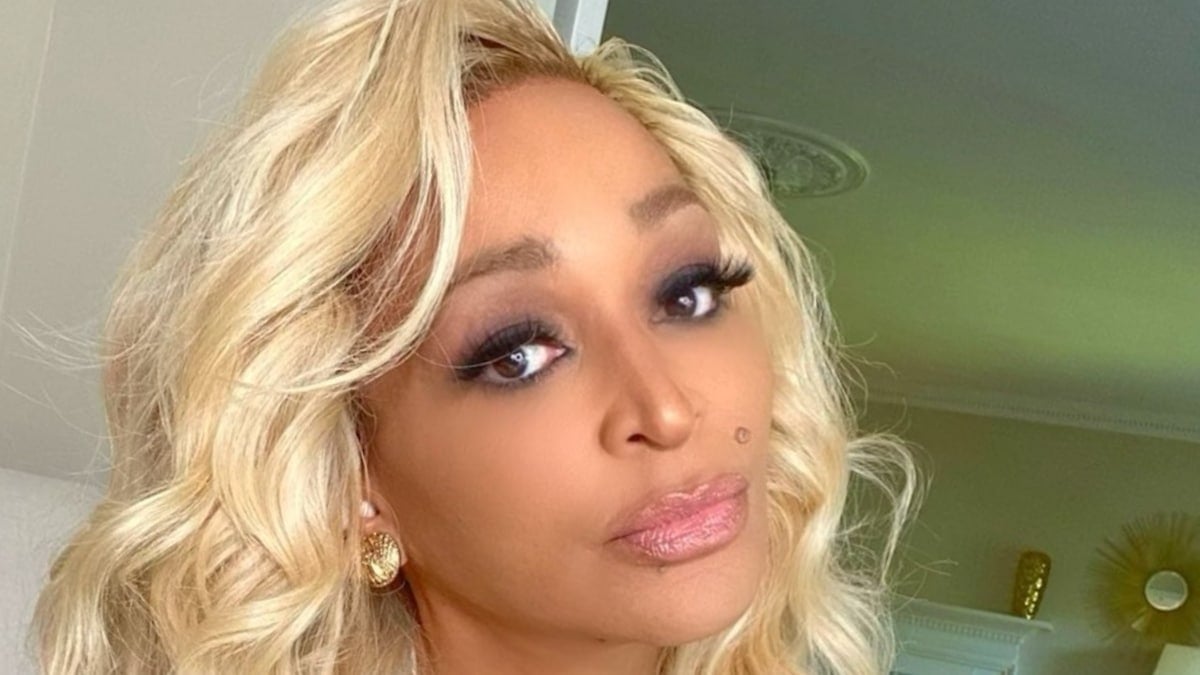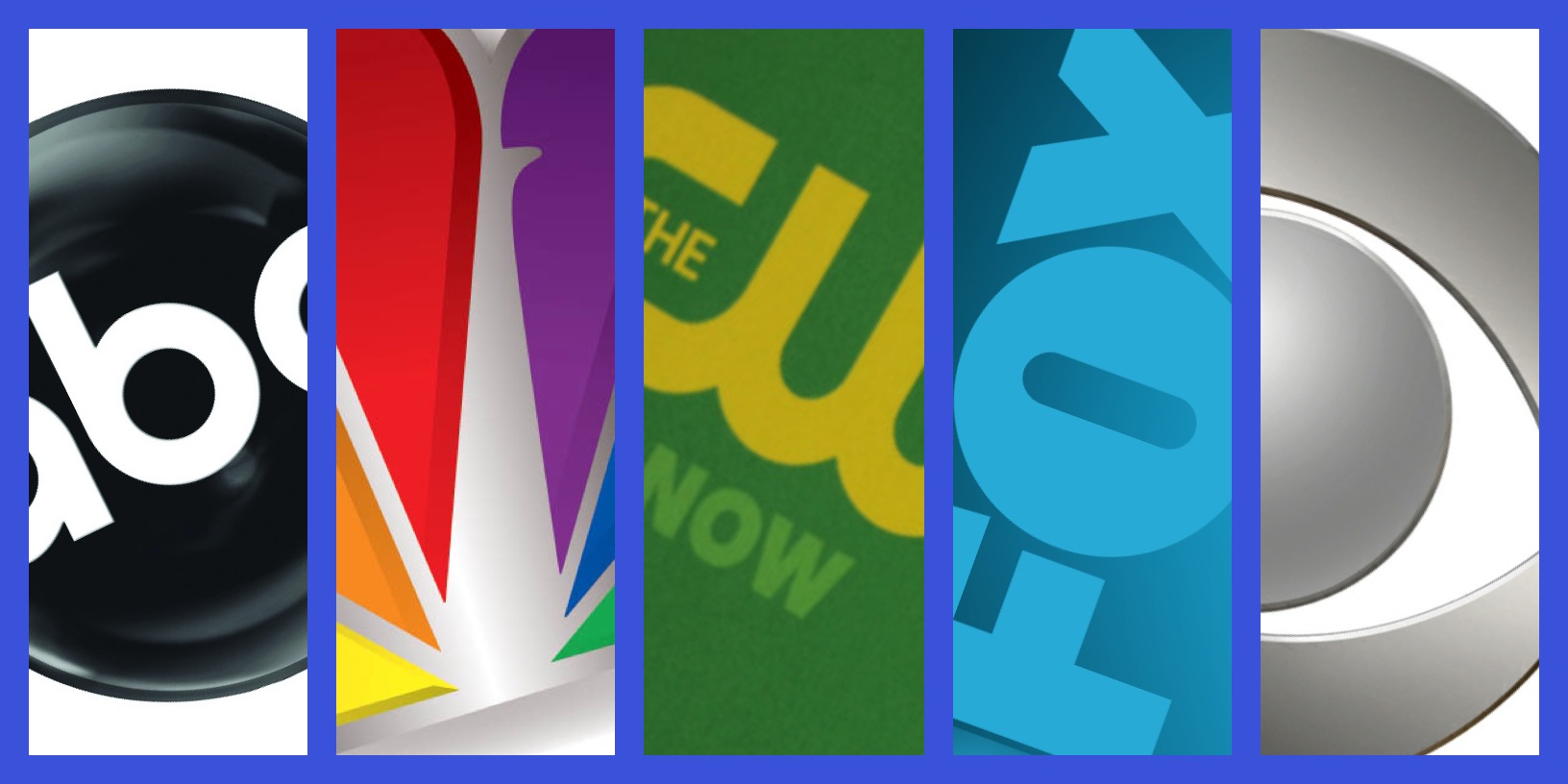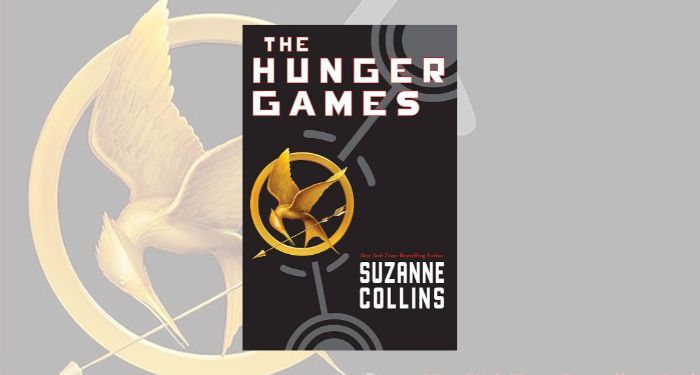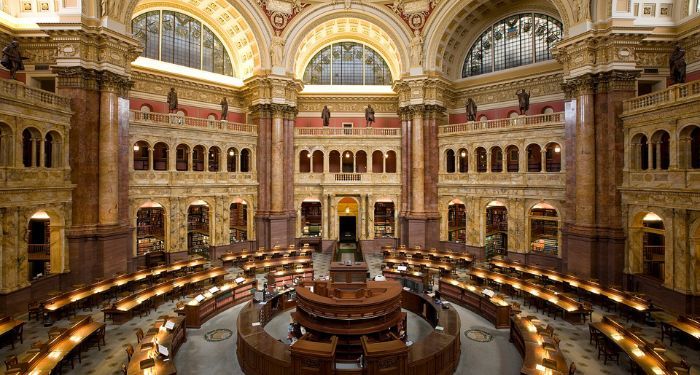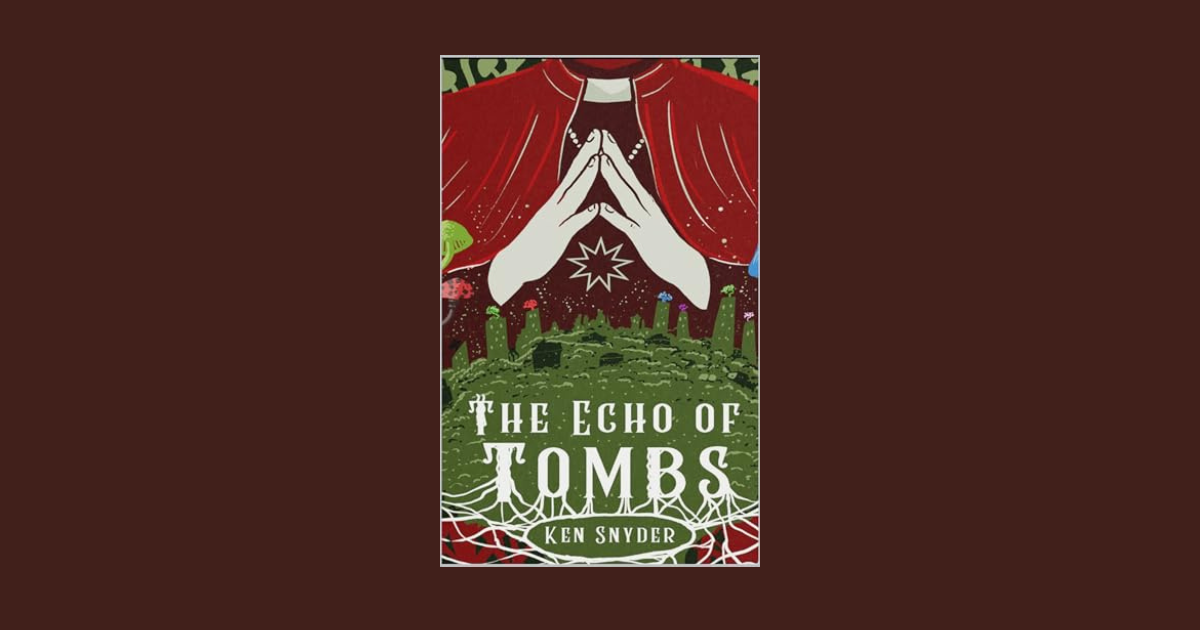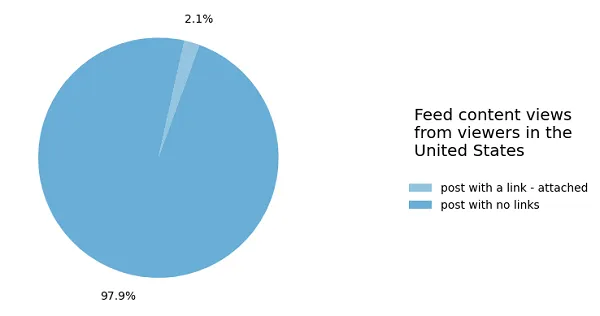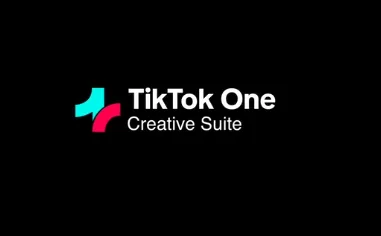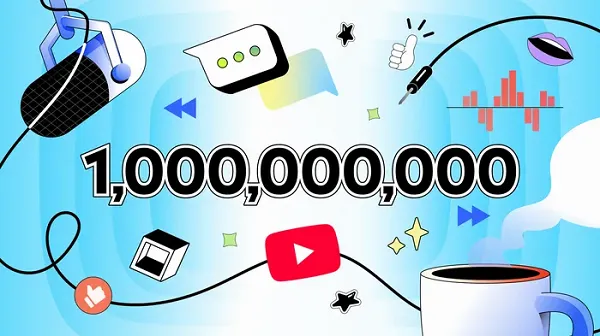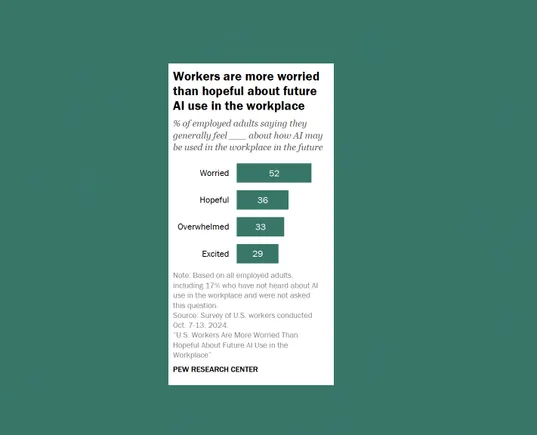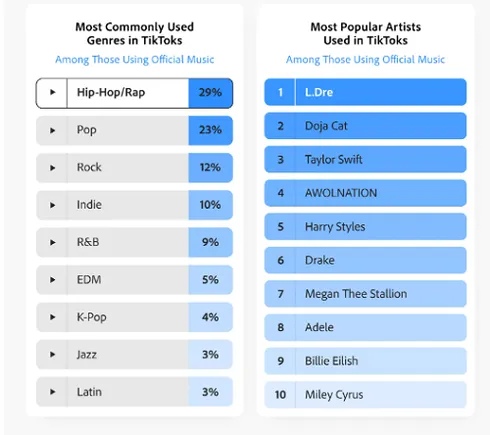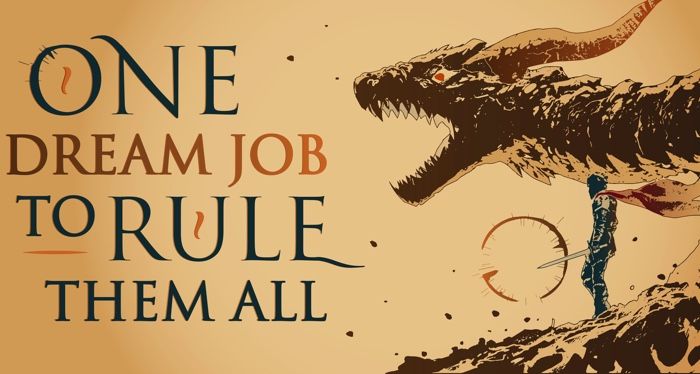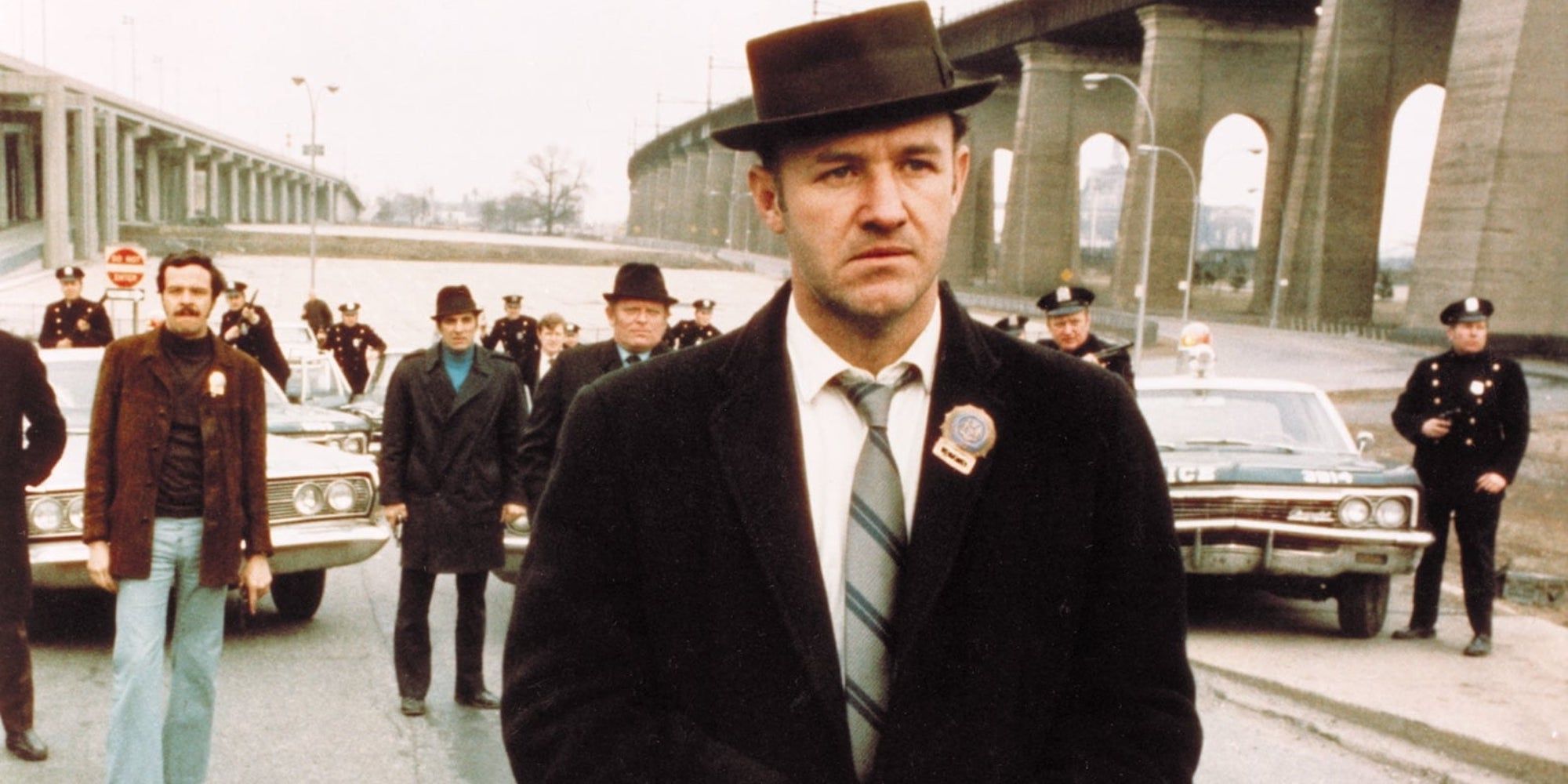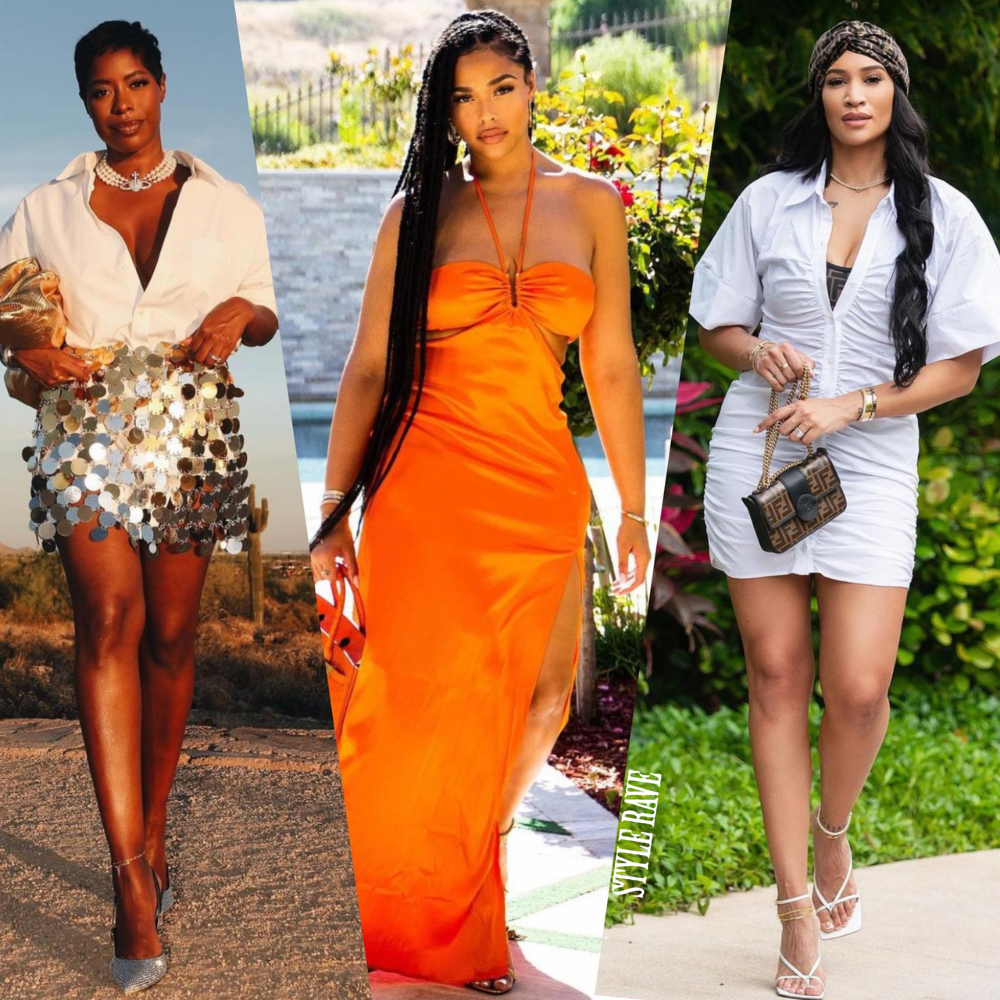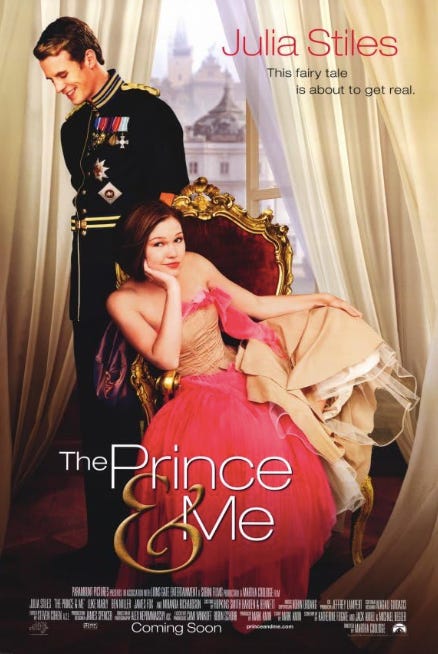
Going back a bit to “Orlando” and this restoration …
Thirty years!
How do you feel about it being the film that most people know you for? It seems, myself included, people come to “Orlando” first and then get to the rest? What do you think draws people in?
I think, first of all, the central idea is sort of eternal, timeless, and universal. In other words, everybody, if they dare to think about the fact that one day they won’t be here, has to contemplate the notion of mortality and therefore of immortality, and where we are. What is this experience of living longer than a human lifespan? What would that be like and so on? That’s an absolutely transcendent kind of concept. Then what Virginia Woolf did is in her book, she married that idea, that feeling, that exploration, with the idea of what would it be like to live life as a man and then live life as a woman? What experiences would you have if you’re the same person, no difference at all, just a different sex and subsequent to that? That’s also revolutionary. And, of course, now completely timely.
So it’s as if each epoch of the existence of the book first, and then of the film over these last thirty year, it’s always up to date. Because I decided to come at the subject matter in a very modernist way. Big words, not that kind of reverent heritage bonnet picture. But really a kind of go for it approach. I think that makes it continue. It seems that it makes it continue to feel fresh and light. Humorously dealing with these quite big transcendent stuff. That is my explanation anyway. Then, of course, the way it looks. Sandy Powell’s amazing costumes. Tilda Swinton’s incredible performance. Aleksey Rodionov’s amazing camerawork. And I have to say my rather good adaptation.
It’s definitely a film I have returned to often. There’s so many layers to it. In preparing for this interview, I watched a few films of yours that I hadn’t seen before. One was “The Tango Lesson,” which floored me. I loved that film so deeply. In a retrospective like this, there’s so many of your films that are probably going to find new audiences. Are there any films in your filmography that you’re particularly excited for audiences to either discover or rediscover?
The two that spring to mind, aside from“The Tango Lesson,” which you’ve mentioned already—but which was a very intriguing thing to do immediately after “Orlando” in a very so risky, in a completely different way—are a film called “Rage,” which was the first film, I’m told, ever to be designed to be watched on mobile phones. At the time it was considered outrageous. There were headlines in the paper, “Sally Potter Is Trying To Kill Cinema.” But I was just embracing the new. So that would be interesting for you to see, perhaps, on a big screen. The other one is “Yes.” Which again, was a different kind of risk, because of it being all written in verse and the subject at the time was very difficult. It is about a love affair between a Middle Eastern man and an American woman. So trying to turn what was the beginning of incredible hostilities and deaths, awfulness, and ghastliness, and to make them go the opposite way, and have curiosity and mutual understanding. So I’m differently proud of both of those. They never had the same audience numbers as “Orlando.” But I think they may be interesting for people to see them now.







